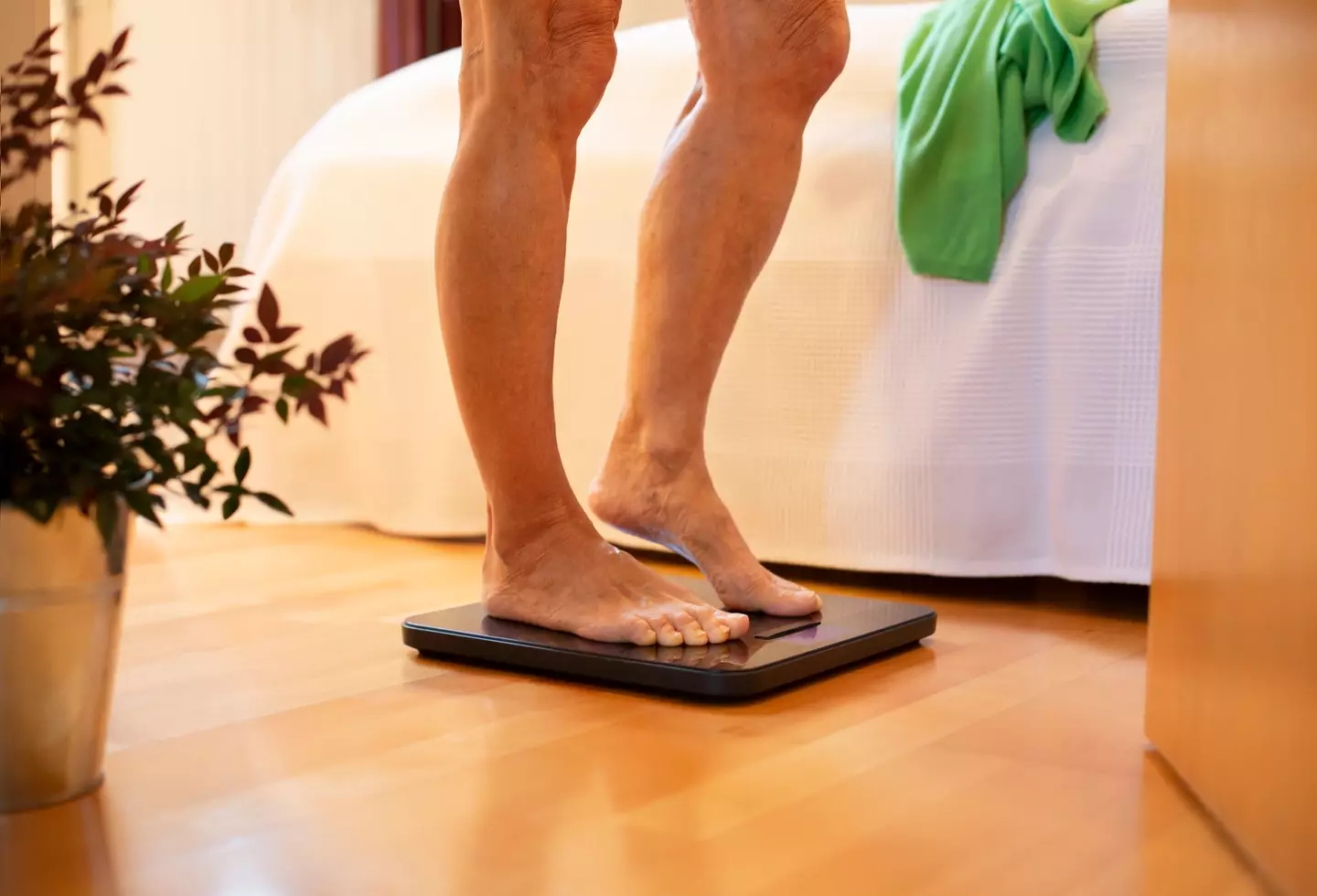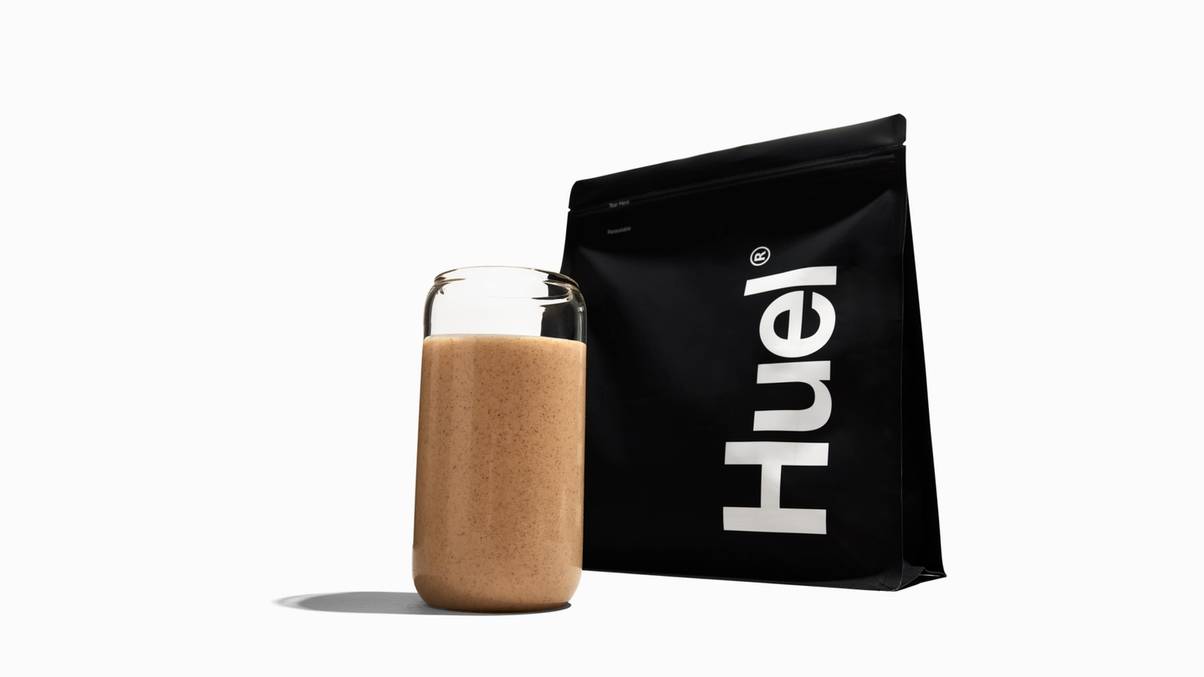The Hidden Danger Lurking in "Skinny Fat" Bodies: Are You at Risk Without Knowing It?
Ever heard someone describe themselves as ‘skinny fat’ and wondered if it’s just a quirky paradox or some new diet fad? Turns out, it’s way more than a cheeky nickname for looking slim but hiding secret stash zones beneath the surface. This isn’t about judging appearances—trust me, we all know looks can be deceiving—but rather a heads-up about what’s really cooking inside those “fit” frames. A brand-new study out of McMaster University has flipped the script on the age-old belief that a low BMI equals good health. Apparently, carrying sneaky visceral and liver fat can quietly wreak havoc on your arteries, even if you’re rocking that lean look. So, next time you’re sizing up health by the mirror, remember: it’s what you can’t see that might just bite back. LEARN MORE
You’ve probably heard people refer to themselves as ‘skinny fat’ before, but what does that actually mean?
Although there’s no real definition, most people would use it to refer to a certain body type, i.e. how a person looks on the outside.
But as it turns out, the term skinny fat could actually mean a lot more about what is going on inside a person’s body.
In fact, an alarming new study has raised concerned over the so-called skinny fat body type, as it could be internally damaging those who might appear healthy on the outside.
Let’s just get one thing straight: there’s absolutely no body shaming going on here and whether a person looks ‘healthy’ or not is usually subjective and not at all based in fact.

A person’s BMI isn’t necessarily a good indicator of health (Getty Stock Images)
However, a study led by researchers as McMaster University has found that while some people appear ‘skinny’ from the outside, they may be carrying hidden fat deep inside their abdomen and liver, which can have drastic consequences on their arteries.
Published in Communication Medicine, the study highlighted the fact that a person’s body mass index (BMI), which is based on height and weight, is not necessarily the best indicator of a person’s health.
There are two types of fat known to hugely increase the risk of developing type 2 diabetes, heart disease and high blood pressure: visceral fat which wraps around the internal organs, and hepatic fat which is stored in the liver. However, their impact on artery health was previously unknown.
Researchers looked at advanced MRI imaging of more than 33,000 adults in the UK and Canada and found that these two types of fat are strongly linked with the thickening and clogging of carotid arteries in the neck. The narrowing of these arteries significantly increases the risk of heart attacks and strokes as they pump blood directly to the brain.
.jpg)
These fats can cause heart attacks and strokes (Getty Stock Images)
Russell de Souza, associate professor in the Department of Health Research Methods, Evidence, and Impact at McMaster, who co-authored the study, said, as per Eureka Alert: “This study shows that even after accounting for traditional cardiovascular risk factors like cholesterol and blood pressure, visceral and liver fat still contribute to artery damage. The findings are a wake-up call for clinicians and the public alike.”
The research proves the need to look further than BMI when assessing certain health risks and serves as a reminder that how a person looks from the outside does not necessarily indicate their level of health.
Sonia Anand, vascular medicine specialist and corresponding author of the study, said: “You can’t always tell by looking at someone whether they have visceral or liver fat. This kind of fat is metabolically active and dangerous; it’s linked to inflammation and artery damage even in people who aren’t visibly overweight. That’s why it’s so important to rethink how we assess obesity and cardiovascular risk.”



















Post Comment